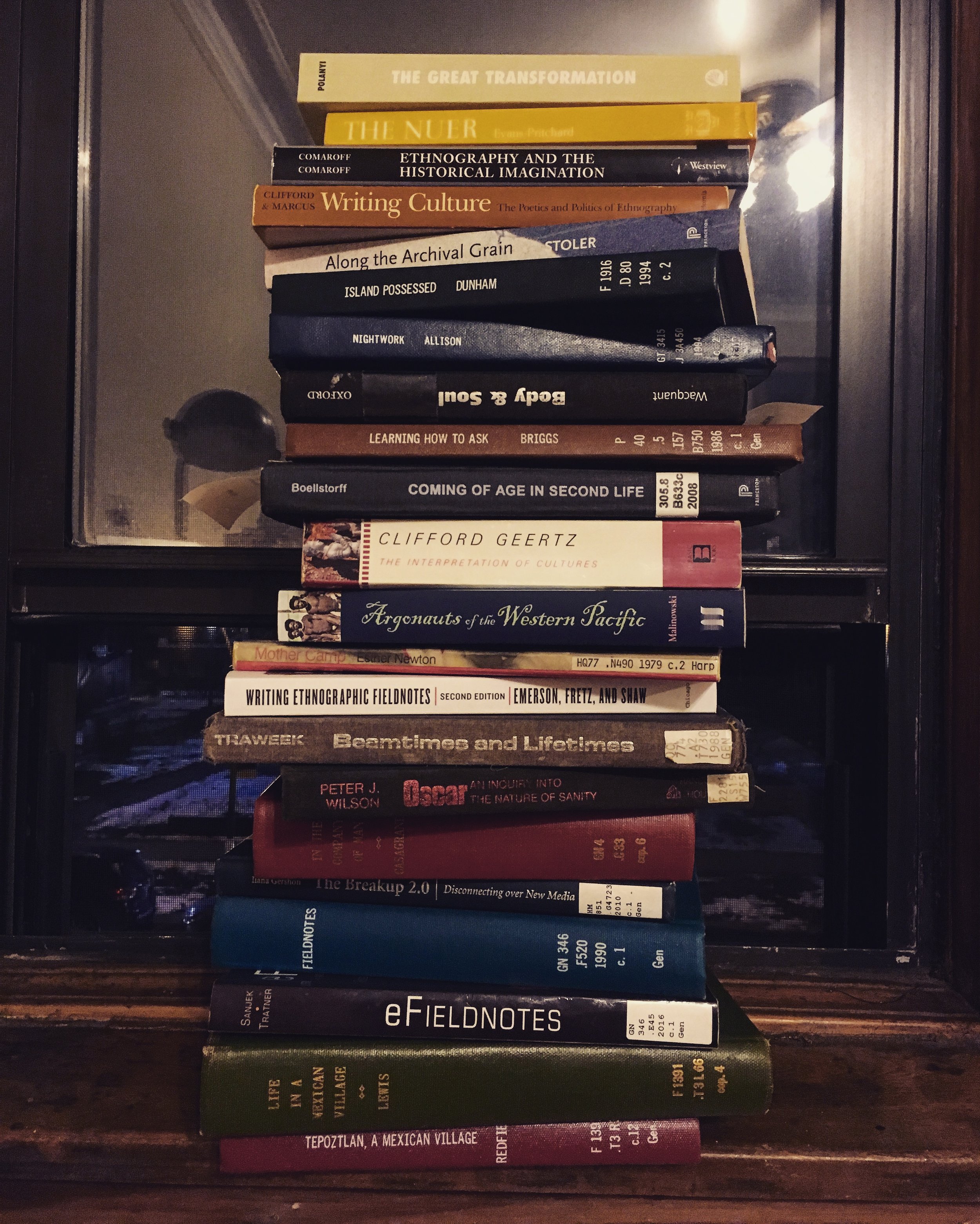Courses I Teach
-
Social Theory
I teach my students to be careful readers, intelligent interlocutors, and excellent essay writers through classic texts of social theory. I have discovered that for young people to gain confidence in themselves and productively engage with canonical texts firsthand, they must first lose the fear of “Great Books.” I achieve this by building a learning environment driven by close reading and open conversation, where students encounter seminal works not as a pantheon, but as a set of ongoing debates in which we all have a stake. I guide my students to feel the immediacy of pivotal discussions over the nature of state, society, and economy, while developing analytic and essay-writing skills that help them succeed in future courses. Crucial amongst these skills are:
• identifying and relating core and ancillary arguments
• critically analyzing the role of concepts and evidence within a given argument
• distinguishing normative and objective claims
As my students come to understand the structures of thought that hold together particular arguments, they gain command over their own reasoning and writing. By the end of the course, they possess the analytic rigor and rhetorical craft to turn exploratory “papers” into well-structured, argumentative essays.
-

Financialization of Life
My course The Financialization of Life: Debt Securities, Secondary Markets, and Social Transformation introduces students to global case studies that expose the aims, means, and effects of financialization from the perspective of real-world actors and populations. The course begins by tackling the definitional problems surrounding such a broad concept. Students read the work of leading scholars in history, sociology, political economy, economics, business, and anthropology to understand that, while we have arguably always lived in a financialized world, the meaning of the term depends on the position and goals of the speaker. This crash course in epistemology allows students to share and question what they mean by financialization and what their interest in the subject can tell us about the current world and our own personal histories. Following a review of the social, economic, and political turmoil of the 1970s and 80s and the wave of financialization that followed, students come to appreciate the paradox of how, while we rightfully associate financialization with crisis, the phenomenon has also repeatedly provided solutions to crises. Once aware of this central tension, students embark on a module-by-module exploration of how, why, and to what end societies have been shaped by efforts to financialize public health, higher education, housing, consumption, public debt, and development.
( Meme credit to Angel Salazar, a student in this course at the University of Chicago.)
-
Ethnographic Methods
I also teach methods. In my Ethnographic Methods course, I equip students to move from being readers of ethnography to ethnographic researchers. I do this through targeted lectures with expository handouts, student-led reading groups, skill-building workshops, and guided student projects. It’s not easy to teach students to shift gears and become active members of a discipline they may have studied but not practiced. Students of anthropology and other majors frequently arrive in my classroom with ideas about the nature of ethnography, but they are rarely familiar with the methodological conventions that underpin original ethnographic research and writing. In Ethnographic Methods, we go back to basics, breaking down ethnographies and research projects to understand the practical tasks that all ethnographers first master. At the start of the course, I organize small, intensive reading workshops in which students learn to read ethnographies like ethnographers. Shifting their focus from the power of assertive conclusions to the detail and grit of project development, students learn to identify the inner workings of the research project at the heart of each ethnographic text. From this, skill-building workshops follow, as I guide students through the phases of project design and execution. Through practice and in real time, students learn to handle the building blocks of an ethnographic project, methodically enacting physical and analytic techniques that allow them to construct and implement a research project of their own. The final assignment of this course is one of synthesis and composition; by the end of the term, students have prepared sufficient materials to weave a well-researched ethnographic text.
-

Latin America
I teach Latin American social and economic life from multiple angles. My courses, Poverty and Urban Development in Latin America and Development and the Right to Housing in Latin America, provide curated, interdisciplinary perspectives on Latin American societies that allow students to become familiar with the internal socioeconomic conditions and contradictions of the region as well as its imbrication in world development agendas and the international order. Each course represents an ambitious survey of social transformation across Latin America over a period that spans the better part of the 20th century and extends into the present day. Poverty and Urban Development focuses on the processes of rural-to-urban migration, urbanization, and urban class formation in the context of segmented labor markets, industrialization, and capitalist dependency. Development and the Right to Housing critically engages with national and international development policies in relation to housing shortages, property regimes, urban informality, social movements, and financialization.
To provide a real diversity of perspectives on the region, I assign texts by anthropologists, sociologists, historians, political scientists, economists, and legal scholars. I also incorporate written and visual sources from development practitioners, political leaders, journalists, activists, and artists. This multiplicity is necessary to understand the nuances of a region that confounds easy dichotomies, whether New World and Old World, Colonizer and Colonized, Capitalist and Communist, or West and the Rest. In these classes, students gain a sophisticated understanding of the late Third World, the new Global South, and globalizing, but unequal and variegated, world systems.

